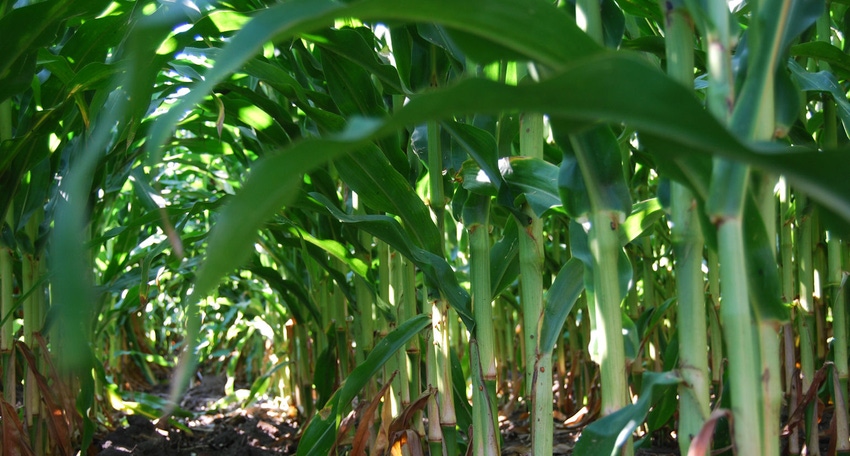March 17, 2017

Today's latest equipment is also essentially a rolling data collection tool. That makes your equipment a potential testing tool too, but setting up on-farm research is a lot more detailed than it sounds. FarmLogs sees this as an opportunity and has created a new service - FarmLogs Research Network, which is starting for 2017.
The company's vice president of science is Tracy Blackmer, who, in the past, built an 11-state on-farm network over a span of 13 years. His work has also included split-planter trial techniques that allowed for enhanced evaluation of seed and performance too. The key here is developing a network of farmers across state lines that set up trials consistently to generate verifiable data that can be used by the farmer and others in the network.
"We want to help the grower set up tests that will provide the answers they're seeking," said Jesse Vollmar, president, CEO and a founder of FarmLogs. "With this system Tracy Blackmer will help farmers with guidelines showing how to set up the test too."
That's key, often farmers will set up trials on their farms, perhaps two hybrids in the same field, and do look at the data to see how each performed. In truth, that simple test may not tell you enough, there may also be variables you have to account for to get better information.
Vollmar explains that this network will help farmers not only do testing, but bring the information together in ways that will allow enhanced use for management and decision-making. The company already has technology that can automatically capture and analyze on-farm trial data from different geographic environments in near real-time. With the network, participating farmers can more quickly look at specific input decisions, management practices and even new products and technologies to gauge their impact on the bottom line.
Creating new information
In the announcement for the new program, Blackmer commented: "We’re not only crossing state lines with our large-scale unprecedented replications, but we’re also addressing several barriers that traditional research networks have been unable to break through. With our focus on independence, and with no geographic, vendor, product or technological limitations, we’re able to offer a more authentic and accurate way to analyze trial data. The rate at which growers will be able to test, learn from and implement new management practices will be monumental."
Vollmar explained that the program Blackmer is creating will provide farmers with guidelines for setting up tests with the aim of getting better information. In addition, the large area to be included should offer farmers better information even if they have trouble with their own trials. "Often a farmer might have set up a trial in a field, only to have drought or floods ruin the information," Vollmar said. "With this network, if one trial is lost there will still be data collected from others."
FarmLogs now claims more than 23% of the country's row crop acres under management, and noted in its announcement that it will look to its community of 100,000 growers to decide on the specific production and profitability topics and field tests for 2017. The service is free to participants and will bring new resources to bear for enhancing on-farm testing programs.
If you're interested in participating, visit the FarmLogs Research Network online. Interested farmers can sign up there.
About the Author(s)
You May Also Like






